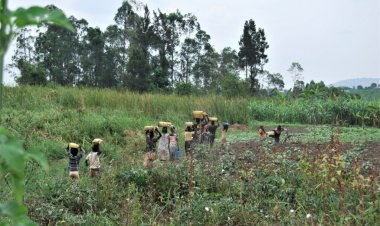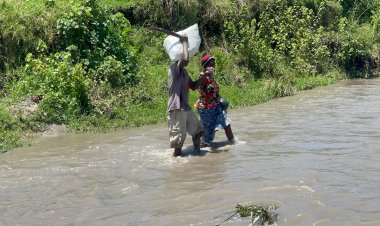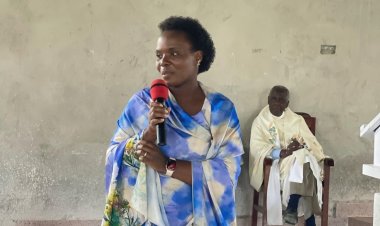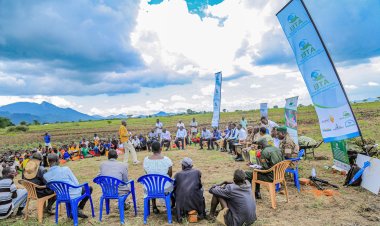Timely planning important for 100% Renewable Energy Transition Agenda for Uganda
Timely planning important for 100% Renewable Energy Transition Agenda for Uganda


Ecological Christian Organization(ECO) and World Wide Fund for Nature organized the 1st workshop that focused on Renewable Energy(RE) planning in the form of 100% RE scenario mapping development for Uganda As explained by Vian Musika the Renewable Energy Manager this Multi-actor platform was established to facilitate evidence based discussions, dialogue and engagements on 100 percent Renewable Energy Transition for Uganda.
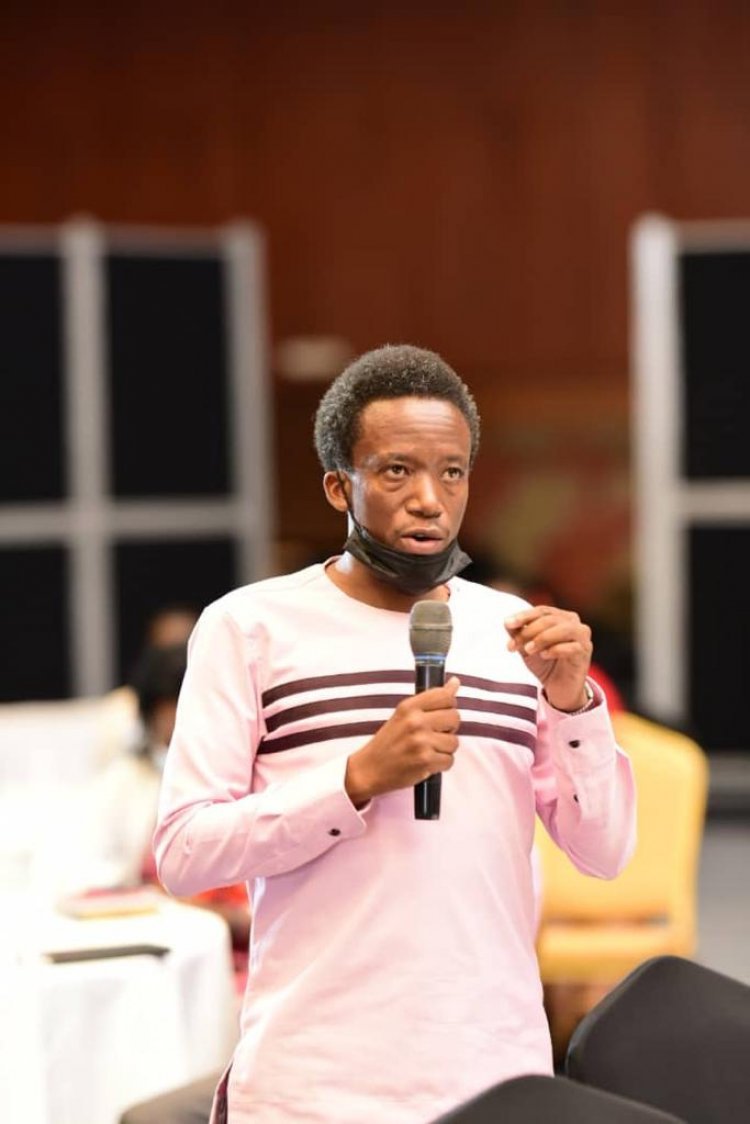
In his remarks the Ass. commissioner Renewable Energy in the Ministry of Energy and Mineral Development Sekitoleko Simon Peter applauded the project for providing a critical platform to share scientific knowledge as this plays a critical role in advancing the agenda of a 100% renewable energy transition in Uganda.
According to Sekitoleko, there is an urgent need to pay attention to renewable energy technology development, transfer and adaptation plus focus on capacity strengthening, research and innovation as far as renewable energy is concerned. This drive and agenda is on right path to ensure appropriate discussions and considerations are held for sustainable RE energy future for Uganda.
Isaac Kabongo the Executive Director Ecological Christian Organization said that although Uganda was among the first countries on the continent to have the renewable energy policy, there is still need to critically think about commitment and financing this such important agenda for it to succeed. “We need to make sure that we use renewable energy to propel industrialization of Uganda, fight poverty and also enhancing food security through its value addition” Kabongo added.
The 100% Renewable Energy transition project that is implemented by Ecological Christian Organization and WWF Uganda country office with support from BMZ is aimed at increasing access to clean energy cooking technologies, promoting productive use of energy, ensure climate proof investments in the power sector, increasing biomass use efficiency amongst others which on a larger scale will impact in mitigating climate change and its associated impacts.









